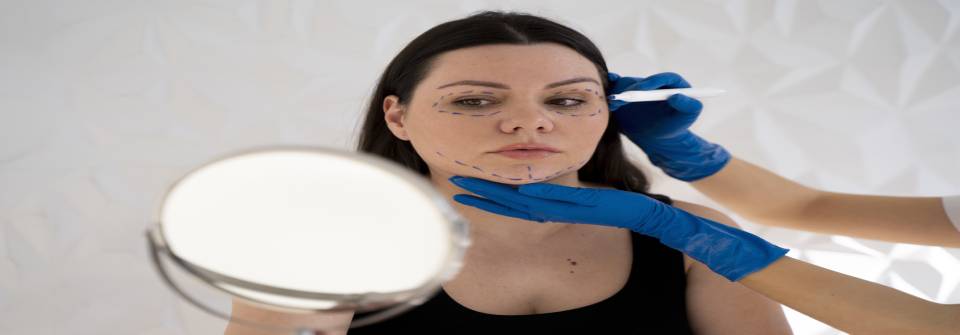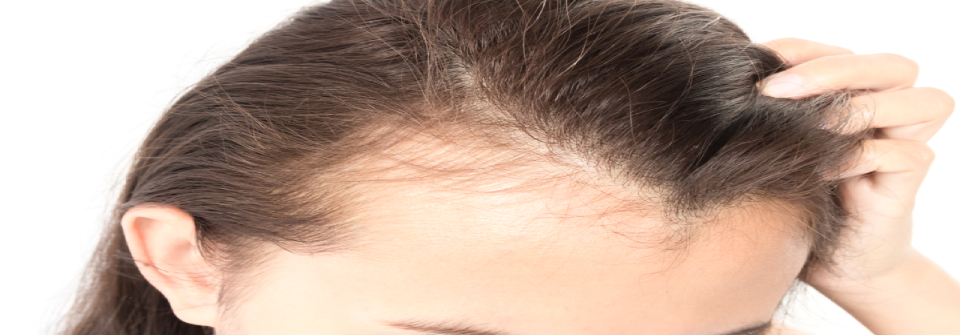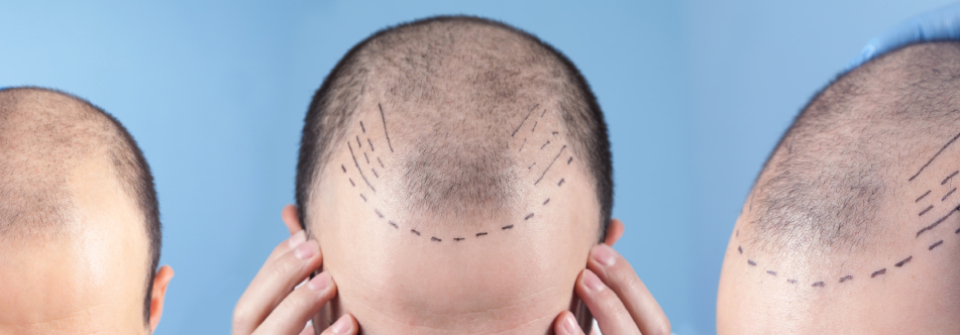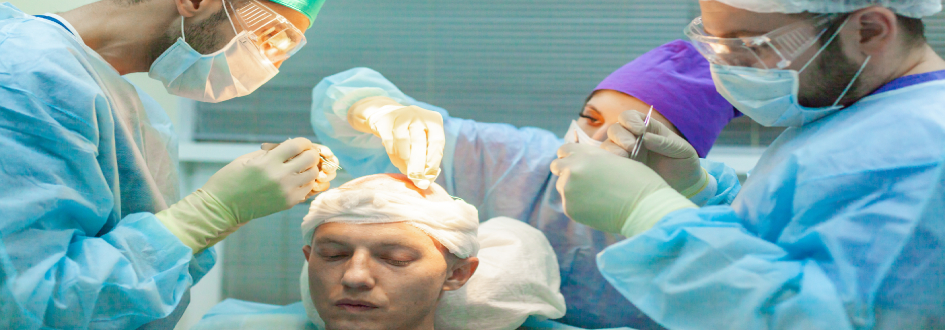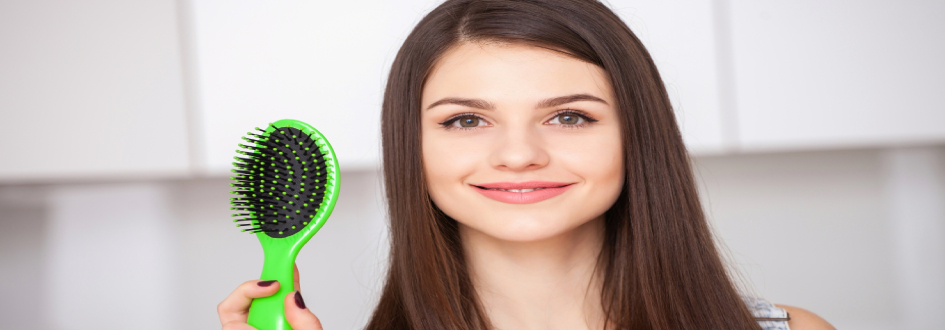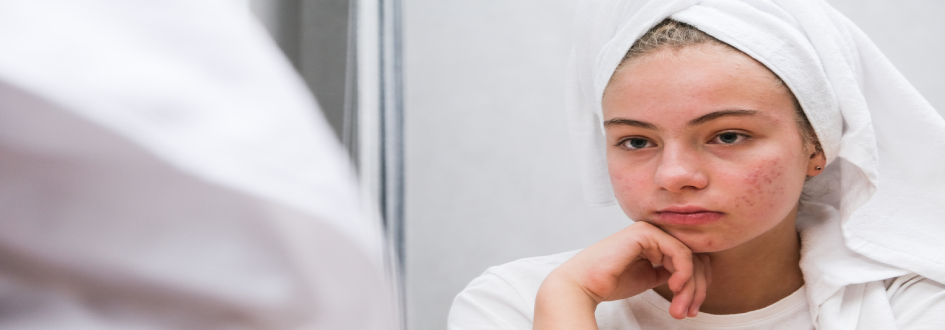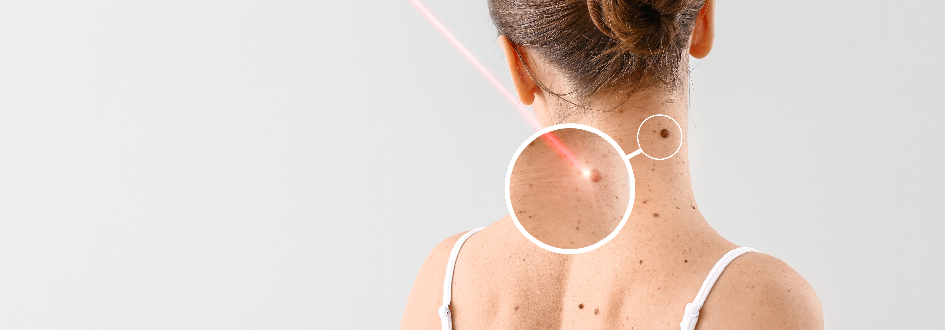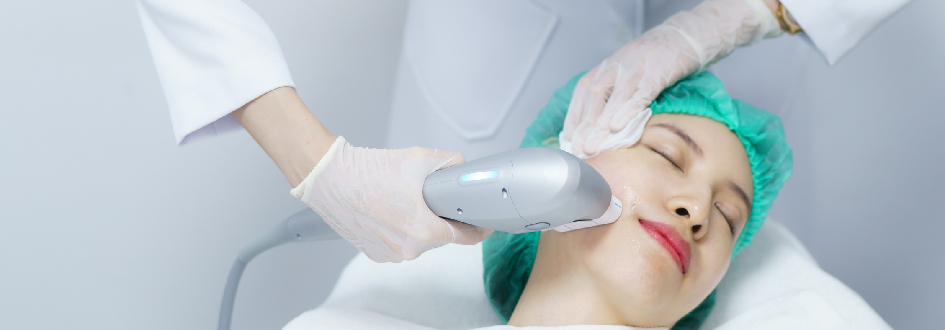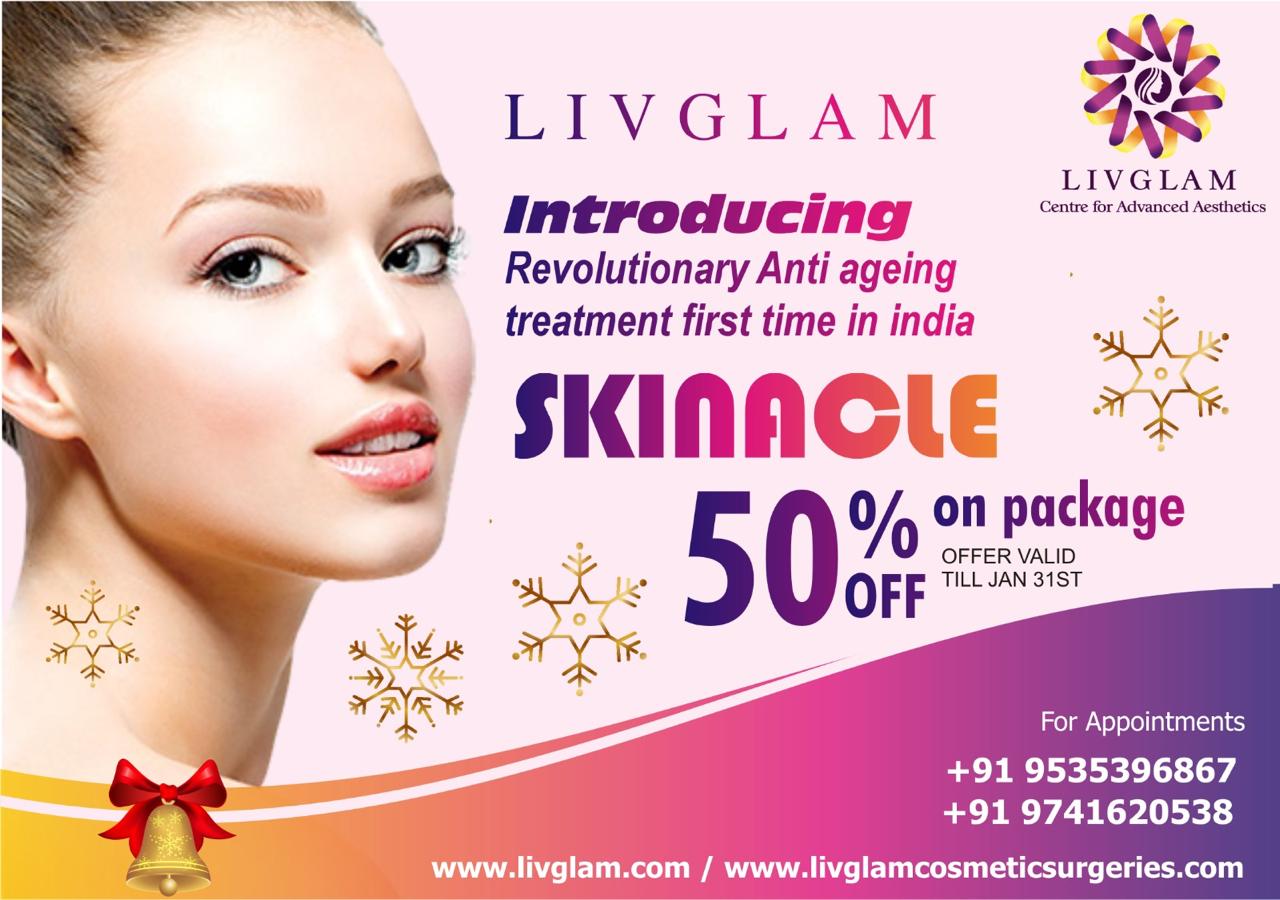
Rainy Season Acne: Causes and Effective Treatments
The rainy season, with its increased humidity and frequent downpours, brings relief from the scorching summer heat. However, this season also introduces several skin challenges, particularly acne. Changes in humidity levels, increased perspiration, and exposure to environmental toxins can all contribute to breakouts during the rainy season. Here, we explore the causes of monsoon acne and provide eight proven ways to combat it in 2024, ensuring you can maintain clear skin throughout this season.
Understanding Monsoon Acne: The Why and How
Monsoon acne refers to skin outbreaks and problems that occur primarily during the rainy season. It is linked to a variety of causes related to changing environmental conditions during this time. Understanding these factors is crucial for effective prevention and treatment.
Humidity and Excessive Sweating
During the monsoon season, humidity levels rise significantly. High humidity can lead to excessive sweating, which, when combined with sebum production, clogs pores and causes acne breakouts. The moist environment also promotes bacterial growth on the skin, exacerbating inflammation and acne.
Pollutants and Allergens
Rainy weather can bring pollutants, dust, and allergens that settle on the skin. These irritants can clog pores, cause inflammation, and contribute to acne breakouts. The increased moisture in the air can also elevate pollution levels, further aggravating skin issues.
Fungal Infections
The rainy season is conducive to fungal infections such as pityrosporum folliculitis, characterized by itchy, acne-like bumps caused by yeast overgrowth on the skin. This condition often mimics regular acne but requires different treatments.
Personal Habits and Lifestyle Factors
Certain lifestyle practices during the rainy season, such as touching the face frequently with dirty hands, wearing damp clothes for extended periods, or neglecting to shower after getting wet in the rain, can increase the risk of acne by allowing bacteria, dirt, and sweat to accumulate on the skin.
Essential Monsoon Skin Care Routine to Prevent Acne
Maintaining a proper skincare routine during the rainy season is vital for preventing acne outbreaks. Here is a comprehensive monsoon skincare regimen to keep your skin clear and healthy:
Personal Habits and Lifestyle Factors
Maintaining a proper skincare routine during the rainy season is vital for preventing acne outbreaks. Here is a comprehensive monsoon skincare regimen to keep your skin clear and healthy:
Cleaning
Use a gentle, pH-balanced cleanser to cleanse your face twice a day. This helps remove excess oil, dirt, and pollutants without stripping the skin of its natural moisture. Pat your face dry with a clean towel.
Toning
After cleansing, use a gentle toner to balance the skin's pH levels and remove any remaining impurities. Look for toners that contain acne-fighting ingredients such as witch hazel or tea tree oil.
Exfoliation
Exfoliate your skin once or twice a week to remove dead skin cells and unclog pores. Choose a mild exfoliator with fruit enzymes or salicylic acid to effectively remove debris and prevent acne.
Moisturizing
Even in humid weather, moisturizing is essential for maintaining the skin's hydration balance. Choose non-comedogenic, lightweight moisturizers that will not clog pores. Look for ingredients like hyaluronic acid or ceramides to keep your skin hydrated without feeling heavy.
Sun Protection
Apply a broad-spectrum sunscreen with an SPF of at least 30 before going outside, regardless of the weather. Rain and clouds will not fully protect you from UV rays. Use oil-free or gel-based sunscreens to avoid clogging pores
Spot Treatment
Use a spot treatment containing ingredients such as benzoyl peroxide or salicylic acid to target and treat individual pimples. Apply only to the affected areas to avoid drying out the surrounding skin.
Avoid Touching Your Face
Keep your hands as far away from your face as possible to avoid transferring bacteria and dirt to your skin. Touching your face can aggravate acne and cause inflammation.
Hydration and Diet
Drink plenty of water throughout the day to stay hydrated. A healthy diet rich in fruits, vegetables, whole grains, and lean proteins can also promote skin health. Avoid excessive consumption of oily and processed foods, which can aggravate acne.
Daily Skin Care Habits to Curb Acne
Establishing daily skincare habits that promote skin health is essential for controlling acne and maintaining clear skin. Here are some important habits to incorporate into your routine:
Cleanse Twice a Day
Gently but thoroughly wash your face in the morning and at night. Choose a gentle, non-comedogenic cleanser for your skin type. This helps remove excess oil, dirt, and impurities that can clog pores and cause acne breakouts.
Avoid Over-Washing
While cleansing is important, avoid over-washing your face as it can strip away natural oils and disrupt the skin's balance. Stick to twice-daily cleansing to maintain healthy moisture levels.
Moisturize Daily
Use a lightweight, oil-free moisturizer suitable for your skin type. Moisturizing keeps the skin hydrated, prevents dryness, and maintains a healthy moisture barrier. Look for non-comedogenic moisturizers to avoid clogging pores.
Use Non-Comedogenic Products
Choose non-comedogenic skincare and makeup products that are specifically designed not to clog pores. Look for labels that say "non-comedogenic" or "oil-free."
Sunscreen Every Day
Apply a broad-spectrum sunscreen with an SPF of 30 or higher to shield your skin from UV rays. UV exposure can worsen acne and cause skin damage. Select lightweight, non-comedogenic sunscreens suitable for your skin type.
Cleanse After Sweating
Cleanse your face after sweating from exercise or being in a humid environment to remove sweat and bacteria that can clog pores. This helps prevent acne breakouts caused by sweat and oil build
Regular Hair Care
Oily hair can transfer oil and dirt to the skin, contributing to acne breakouts. Wash your hair regularly and keep it away from your face. Clean hair accessories regularly to prevent the buildup of oils and bacteria.
Clean Bedding
Change and wash your pillowcases and bed sheets regularly to remove dirt, oil, and bacteria that can transfer to your skin. This helps maintain clean skin and prevent acne breakouts.
The Role of Hydration and Cleansing
Hydration and cleansing are two crucial aspects of skincare that significantly contribute to maintaining healthy skin. Here’s why they are important:
Hydration
Adequate hydration is essential for overall skin health. It helps maintain the skin's moisture balance, keeping it supple, plump, and elastic. Well-hydrated skin is less prone to dryness, flakiness, and dullness. Proper hydration enhances the skin's barrier function, preventing the entry of irritants, bacteria, and allergens that can cause skin issues and inflammation. Hydrated skin appears smoother and younger, reducing the appearance of fine lines and wrinkles. Additionally, hydration promotes a radiant complexion by reflecting light more effectively.
Cleansing
Cleansing is an essential step in skincare with numerous benefits. It removes impurities that accumulate on the skin's surface throughout the day, such as dirt, oil, and pollutants. These contaminants can block pores and cause acne, blackheads, and other skin problems. Cleansing also helps remove bacteria from the skin's surface, reducing the risk of infections and inflammation, which is especially important for acne-prone skin. Clean skin allows other skincare products to penetrate and deliver their active ingredients more effectively, increasing their effectiveness and promoting overall skin health.
Effective Tips to Manage Monsoon Acne
Acne management can be challenging during the monsoon season due to increased humidity and moisture, which can lead to excessive oil production and clogged pores. Here are some helpful tips for dealing with monsoon acne:
Keep Your Face Clean
Use a mild, oil-free cleanser twice a day to remove excess oil, dirt, and impurities. Avoid using harsh cleansers as they can strip away natural oils and cause dryness, leading to increased oil production.
Use a Toner
Incorporate a gentle toner into your skincare routine to balance your skin's pH levels and reduce pore clogging. Look for toners with natural antibacterial ingredients such as witch hazel or tea tree oil.
Exfoliate Regularly
Exfoliation helps remove dead skin cells and unclog pores. Choose a gentle exfoliator or a chemical exfoliant with salicylic acid or glycolic acid. Avoid over-exfoliating as it can irritate the skin and increase breakouts.
Apply Moisturizer
Hydration is essential even for oily skin. Choose an oil-free, non-comedogenic moisturizer to keep your skin hydrated without clogging pores. Look for ingredients like hyaluronic acid, which provides hydration without being heavy.
Use Lightweight Sunscreen
Don't skip sunscreen, even during the monsoon. Opt for a lightweight, oil-free sunscreen with at least SPF 30. Look for non-comedogenic and water-resistant formulas to protect your skin from UV rays without adding extra oiliness.
Avoid Heavy Makeup
Heavy makeup can exacerbate acne during the monsoon. Opt for lightweight, non-comedogenic, and water-based products. Thoroughly wash your face before bed to remove any makeup residue.
Keep Hair Off Your Face
During the monsoon, humidity can make your hair oily and sweaty, which can transfer to your face and clog pores. Tie your hair back or wear a headband to keep it out of your face.
Don’t Touch Your Face
Avoid touching your face frequently as it can transfer bacteria and oil from your hands to your face, worsening acne. Also, avoid popping or squeezing pimples to prevent scarring and inflammation.
Maintain a Healthy Diet
Eating a balanced diet rich in fruits, vegetables, whole grains, and lean proteins can improve overall skin health. Avoid sugary and greasy foods as they can contribute to acne breakouts.
Stay Hydrated
Drink plenty of water to keep your skin hydrated and help remove toxins. Proper hydration supports overall skin health and can help manage acne.
